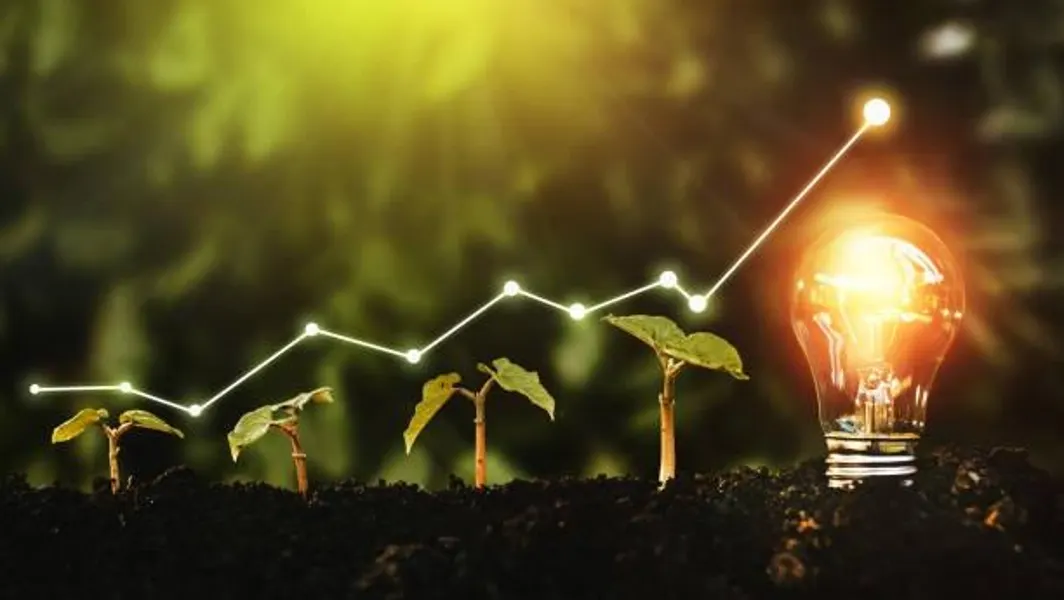Everyone has heard of the many phrases to encourage sustainability like ‘reduce, reuse, recycle’ and many more – but so many are not actively participating in bettering the environment. Why is this so? The matters of the world are very dire – our global climate is rising day by day, the ozone layer is dissolving, oceans are filled with micro plastics and so on. When so many people are speaking about making change, why isn't it being made?
The psychology of convenience and not caring enough
A big part of why we are not making good progress on global sustainability (and potentially how we could make good progress) is due to the idea of convenience. Convenience gives you the opportunity to have instant gratification. It makes us unwilling to sacrifice our comfort just to make the environment better. According to Rashi Bilash, a psychologist who writes on various psychological topics on Medium, humans are inclined to adhere to their “brain[s’] relentless pursuit of efficiency” (Medium). Convenience is well-tied to instant gratification and that dopamine rush according to Bilash, allowing people to simply just get what they want as soon as possible, not regarding any of the possible repercussions. Bilash states that our brains prefer to take easier decisions, the shortcut being called a “cognitive heuristic” (Medium). Humans prefer to take the easy way out because it is less mentally taxing for us, but that can ultimately override important factors in decision making. We are unfortunately, ultimately a group that likes easiness over difficulties, regardless of the consequences.
Rich classes tend to create the most trash as well, but are not affected by it as the lower classes are. Or many richer people just don’t see the impact of climate change in their own communities. According to a study conducted for Oxfam linked from an Economist Impact article, the richest 10% of the world contribute 52% of cumulative carbon emissions from 1990 to 2015. The rich are obviously able to buy many more things than lower classes, leading to an inevitable increase in waste. Unfortunately, this impacts everyone, however the higher income bracket does not experience witnessing as many of the impacts as lower classes do. This is another reason why we have become complacent – many do not pay attention enough to the impact that this has on the entire planet.
How convenience affects sustainability
Convenience can definitely impact sustainability, one person writing from Personal Signal, where the author explained that they understood that driving electric vehicle were better for the environment, but driving motor fueled vehicles was simply more easy for them due to filling up the gas. That is a valid reason to be less inclined to want to drive an electric vehicle, however that is also convenience – wanting to take an easier way out. The author acknowledges that many products tend to make us choose and states that there has to be a balance in society regarding convenience and the environment, hoping that new products created comply with both comfort and sustainability. Arizona State University also touches on this subject, a 2018 news article talking about the issue of single-use plastic. People often use plastic straws, cups, etc and do not pay attention to the fact that these items have a mostly un-biodegradable material. These only break down into smaller and smaller pieces, which are later called microplastics, infiltrating our waters and lands. It even affects us, since microplastics regularly are contained in tap water – a study finding that “83 percent of tap water from more than a dozen countries contain microplastics” (ASU), meaning that is then stored in our bodies. We do not think about how our single, momentous even, usage of something could eventually propel into a large issue because we are only concerned about instant gratification. This likely has not changed, and may as well continue for many years until we actively try to fix this issue.
How can we help fix this issue?
As consumers of various things, be it clothes, food, and others, we all have a responsibility to be mindful of what it is we are buying and how it affects the environment. As the author from Personal Signal stated, technology is advancing, and though it is difficult to find the balance between convenience and sustainability, we can ultimately create things that adhere to both. There are multiple alternatives to things we buy that could prove to be better for the environment. Eco Boulevard states that we should take a look at our daily habits, examining where we use harmful convenient items such as single use plastic and how we could switch to a reusable alternative, repurpose items that we may no longer need so as to reduce waste, and actively go to stores in person. There are many places that are more sustainable and directly are against the utter overconsumption of online shopping, as Eco Boulevard puts it. We must be conscious consumers as rePurpose says, being mindful of our habits. No one can make change immediately, but rePurpose suggests we take baby steps to reach a goal of changing our lifestyle. It is not difficult to do this when we know the effects it will have on the environment if we don’t. The world can become a better place, but we must struggle against our typical human nature and help ourselves out.

